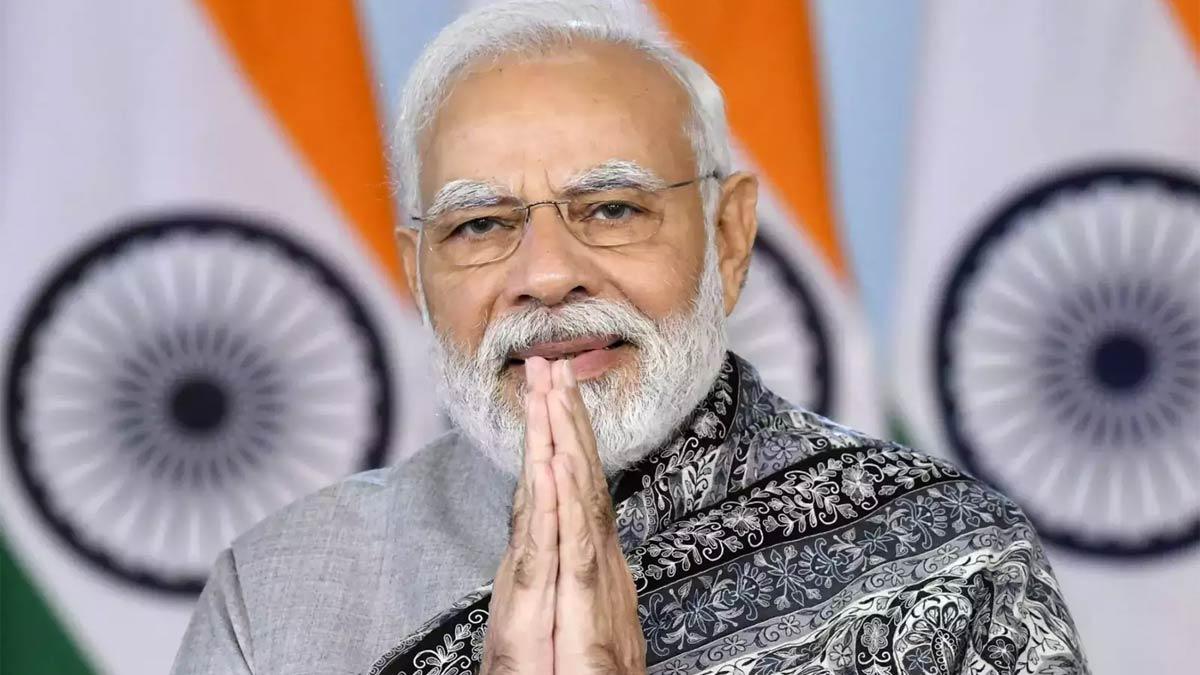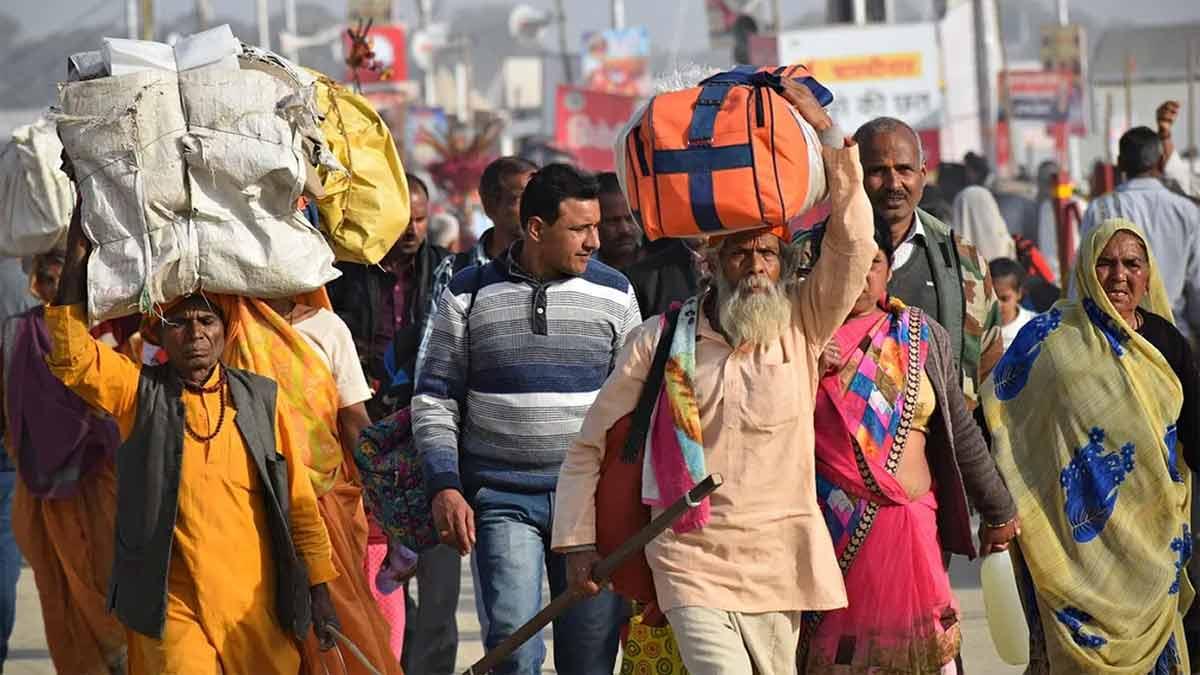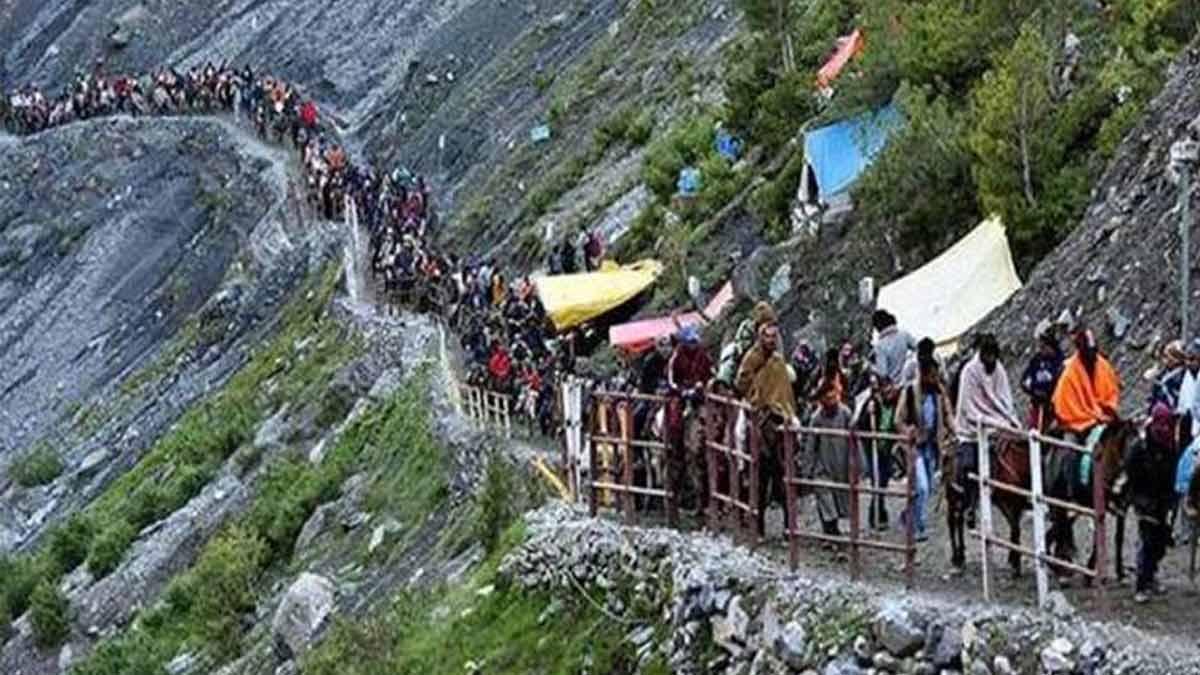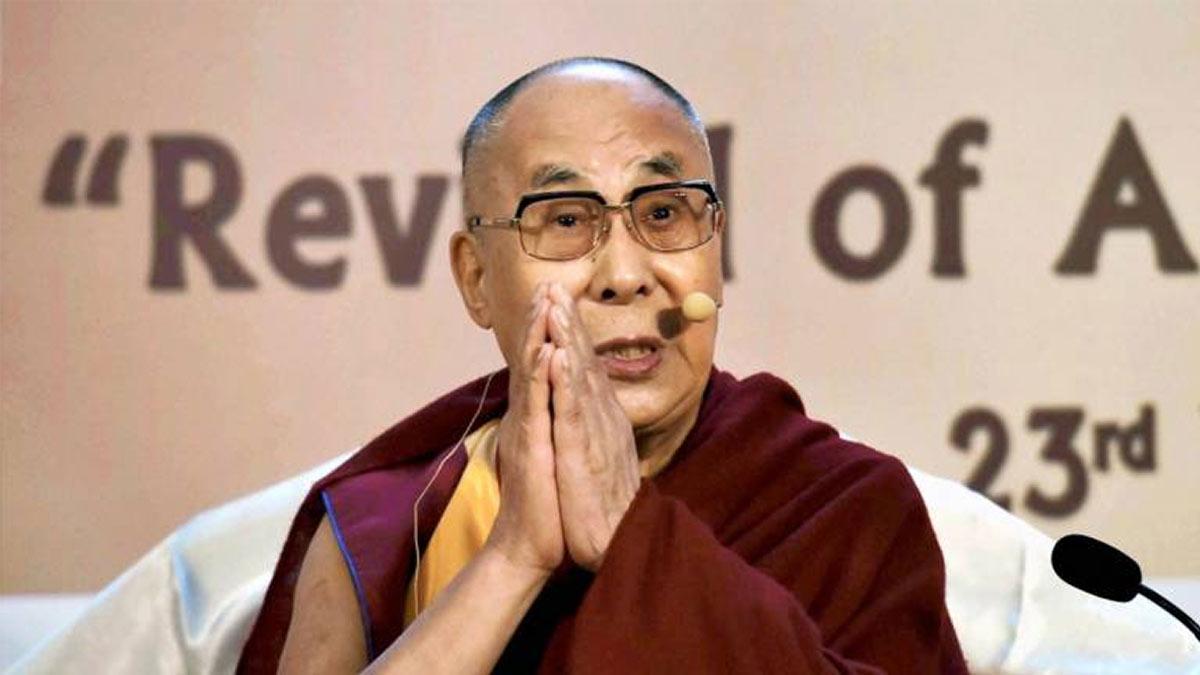On Thursday, Prime Minister Narendra Modi commended the Dawoodi Bohra community for its valuable role in facilitating the passage of the Waqf (Amendment) Act, citing their meticulous care over every detail of the bill, "down to commas and full stops."
The Prime Minister also appreciated the religious leader of the Dawoodi Bohra community, Syedna Mufaddal Saifuddin, for playing a crucial part in the draft of the bill.
Perhaps few of you know that when I first considered getting to work on the Waqf (Amendment) Act, the first person I met was Syedna Sahib," PM Modi said to the community delegation.
He recalled how Syedna Saheb provided his unstinted support and sent members of the Bohra community to assist with legal checks and the draft. "He smiled and subsequently sent you to me.". Then, I kept bothering him for three years, requesting him to read it from his own point of view, to give me legal advice, to give me a draft. You cannot imagine how much guidance he gave me during the consultation," the Prime Minister said.
PM Modi also highlighted that the community input extended right down to even the minutest technical details so that even punctuation points were thought out carefully. "He brought in experts from your community, and even all the way to commas and full stops — I got assistance at each step," the Prime Minister also added.
Recalling his extended association with the management of Dawoodi Bohras, Modi updated that for a number of years now there is chatter about Waqf issues. "You will remember when your grandfather Syedna Saheb was 99 or 100 years old and had visited my place — we used to discuss the Waqf problem even back then," Modi reminisced.
The Prime Minister thanked the people for their concern regarding encroachment on holy land and reiterated the importance of empowering trustworthy custodians of Waqf properties. "If there is anyone who can demonstrate the best example of how the spirit of Waqf should work, and for whom, it's Saheb Sahena," he added.
PM Modi also addressed one of the key reasons for the Waqf reform — Muslim women's grievances. "Following the victory in 2019, there were over 1,700 complaints made by the Muslim community. Most of them were by daughters and women who came seeking justice. That's when I realized the ground reality completely," he said.
He said the government spent five years to discuss the matter and consult Muslim men of every sect of Muslim, even including the Shia Muslims. "Whether in the larger society of Muslims or the Shia Muslims, they have all run into some problems with Waqf board and Hadiya," he said.
The Prime Minister explained that the goal of the new system is to deliver justice to the most vulnerable, particularly the poor. “When the prayers of the poorest people come to you, their power multiplies many times. Our job is to give authority and system control to such honest people — and that’s the fight we’re fighting.”
Modi welcomed the support of the Dawoodi Bohra community and was pleased to meet them once again.
The Waqf (Amendment) Bill, 2025, was introduced to enhance Waqf property administration. The amendments will enable those handling Waqf property administration, promote survey and registration processes, hasten case adjudications, and foster development by adopting contemporary means. The Mussalman Wakf Act of 1923 was also repealed as part of the reforms.
The bill was changed last August and was passed based on the recommendations of a Joint Parliamentary Committee. It amends the original Waqf Act of 1995 and seeks to rationalize Waqf properties administration in India. The major upgrades include a reformed system of registration and better utilization of technology to improve Waqf board operations.
The new act addresses the deficiencies of the earlier law and aims to make Waqf boards work more efficiently.
Read also| MEA Announces Likely Resumption of Kailash Manasarovar Yatra Soon
Read also| Centre Assures SC of No New Waqf Appointments or De-Notification Under Waqf Act


















